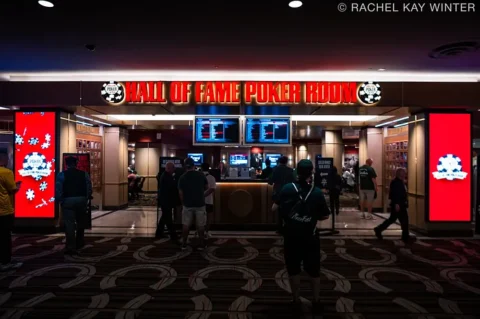Sweepstakes casinos emerged as an innovative response to regulatory challenges in online gaming. These platforms offer legal, low-risk alternatives to traditional gambling by using promotional sweepstakes models. Over time, they have also evolved into social spaces, where interactive elements form a core part of the user experience.
As reported by Global Market Insights, the global market for iGaming is forecasted to exceed USD 538.82 billion by 2029, with free-to-play models leading the charge. A closer look into sweepstakes casinos reveals how structured social interaction supports community building, player retention, and the overall gaming framework.
Communication Tools and Real-Time Interaction
Real-time communication tools such as global chat rooms are essential features in sweepstakes casinos. These tools allow players to interact during gameplay, forming informal alliances or simply exchanging greetings and advice. Chat functionality simulates the interpersonal interactions found in physical casinos, contributing to a sense of presence and involvement.
One platform that exemplifies this approach is McLuck, a social casino launched in 2023 with an emphasis on user-friendly design and interactive features that align with community-focused play. You can read the full info here to explore its interface, game variety, and bonus structure in more detail. In such settings, conversation becomes a central part of the gaming structure.
Leaderboards as Engagement Drivers
Leaderboards in sweepstakes casinos serve both competitive and social purposes. They rank players based on performance metrics such as coin earnings or event outcomes. These rankings are updated regularly and can reflect both short-term and long-term achievements. Being listed among top players introduces a sense of recognition and standing within the platform’s community.
Leaderboards also indirectly foster communication, as players may seek to learn strategies from those ranked higher. The visibility of progress provides motivation, while also highlighting active contributors to the ecosystem. This system transforms solitary activities into interactive sessions by placing them within a shared digital space.
Tournaments as Community Events
Tournaments represent one of the more structured forms of social interaction in sweepstakes casinos. These scheduled competitions require players to enter specific games under certain conditions. While the main goal is to win in-game prizes, the format also encourages consistent engagement across multiple sessions.
For example, in some sweepstakes casinos, players may qualify through free entries or accumulate points to secure their place. During tournaments, temporary chat groups and event-specific updates often lead to increased social traffic. Players form unofficial alliances, exchange tactics, and keep each other informed. In essence, tournaments function like community events, turning isolated play into shared experiences.
Shared Learning and Skill Observation
Sweepstakes casinos often provide learning opportunities through passive observation and active discussion. When players communicate frequently, they tend to share tips, techniques, and past outcomes. This interaction creates informal knowledge exchange networks. Players who spend more time in chat rooms or on forums linked to the platform can develop their skills more rapidly.
The communal nature of learning reinforces participation. For example, if a player observes another using a successful betting pattern or game sequence, they might adopt it themselves. This process of shared learning does not require formal instruction and occurs naturally in well-integrated social environments.
Regional Diversity and Network Expansion
Users of sweepstakes casinos typically come from various geographical backgrounds, depending on the platform’s availability. This diversity expands the range of strategies, preferences, and approaches shared among players. When the chat system or leaderboard allows region-based sorting, players can connect with others from similar or different cultural contexts.
This interaction increases understanding of how gaming styles differ across locations. Platforms that support multilingual communication or regional leaderboards are often able to sustain broader communities. The variation in user behavior also leads to more dynamic social spaces, where repeated play rarely feels identical.
Low-Risk Models and Participation Consistency
Sweepstakes casinos operate under a model that removes the need for monetary wagers, which reduces entry barriers and often results in longer participation cycles. Players can engage more freely without concerns about financial consequences.
These casinos rely on structured social interaction to create dynamic, community-driven environments. Through features like chat systems, leaderboards, and tournaments, they offer more than passive gaming. These platforms support learning, foster competition, and connect diverse players, reinforcing their growing role in online entertainment.














